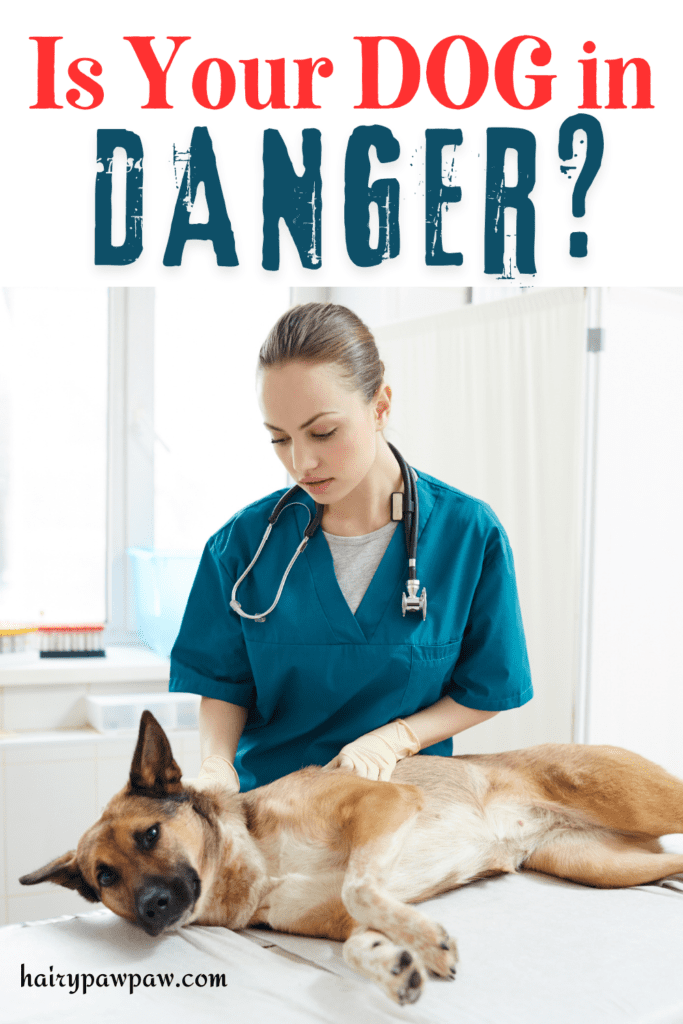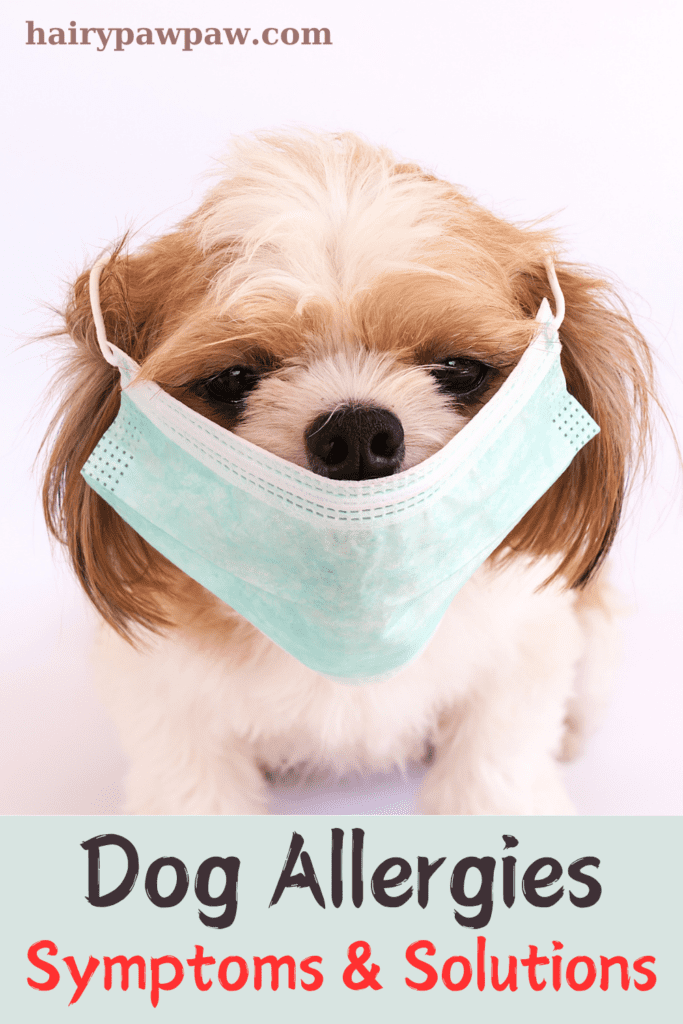How to Prevent Common Dog Health Problems
This post may contain affiliate links, which means I’ll receive a commission if you purchase through my link, at NO EXTRA COST TO YOU
Keeping your dog healthy requires more than love and good intentions. You need to stay aware of common health problems and know how to prevent them. Fortunately, a few practical steps can go a long way in keeping your dog safe from illness. Below, we’ll cover essential tips to maintain your dog’s well-being and ensure a long, happy life.
1. Maintain a Balanced Diet
The right diet plays a crucial role in preventing health problems. Dogs need specific nutrients to support their immune system and overall well-being. Therefore, providing high-quality food matters. Ensure the food you choose matches your dog’s size, breed, and age. Puppies, adults, and seniors have different nutritional needs.
What to Include in Your Dog’s Diet:
- Proteins for muscle development
- Omega-3 fatty acids for a healthy coat
- Fiber to aid digestion
Avoid overfeeding, as obesity can lead to serious health issues, including diabetes and joint problems. Stick to portion recommendations based on your dog’s weight. Additionally, keep treats in moderation to prevent weight gain.
2. Schedule Regular Vet Visits
Routine vet visits help detect potential health problems early. Annual check-ups include vaccinations, parasite control, and overall health monitoring. Early detection often means easier treatment and faster recovery. Therefore, don’t wait for symptoms to worsen.
Moreover, regular dental cleanings at the vet can prevent gum diseases. Oral infections often spread to other organs, leading to more severe issues. For added protection, brush your dog’s teeth regularly using pet-safe toothpaste.
3. Exercise Your Dog Daily
Exercise keeps your dog physically and mentally fit. Active dogs tend to have stronger immune systems, making them less prone to disease. Walks, fetch games, and agility exercises all contribute to better heart health and weight control.
Insufficient exercise increases the risk of obesity, which further leads to arthritis and heart issues. In contrast, regular exercise reduces anxiety, keeping your dog’s behavior stable and their stress levels low.
4. Keep Parasites at Bay
Parasites like fleas, ticks, and worms pose serious risks to dogs. They not only cause discomfort but also transmit dangerous diseases such as Lyme disease. Therefore, preventive treatments play a crucial role.
Use flea and tick preventatives regularly, especially during warmer months. Your vet may recommend monthly deworming treatments to protect against intestinal parasites. Furthermore, checking your dog for ticks after walks in wooded areas can prevent infections from spreading.
5. Ensure Proper Hydration
Staying hydrated helps prevent many health issues, including urinary tract infections and heatstroke. Dogs need fresh, clean water available throughout the day, especially during hot weather or intense exercise sessions.
Make sure you clean water bowls frequently to avoid bacterial growth. If your dog shows signs of dehydration, such as dry gums or lethargy, act immediately by offering water or consulting a vet if needed.
6. Vaccinate on Time
Vaccinations protect your dog from life-threatening diseases like rabies, parvovirus, and distemper. Sticking to the recommended vaccination schedule ensures your dog remains immune to these dangerous conditions.
Besides core vaccines, some dogs may need additional ones, such as those protecting against leptospirosis or kennel cough. Discuss your dog’s lifestyle with your vet to determine the necessary vaccines.
7. Monitor Behavioral Changes
Behavioral changes often indicate underlying health issues. For instance, sudden lethargy, lack of appetite, or increased aggression can signal pain or illness. Pay attention to these signs and take quick action.
Similarly, excessive licking or scratching may point to skin allergies or infections. Early intervention makes it easier to resolve such issues and prevents complications.
8. Practice Good Hygiene
Cleanliness reduces the risk of infections and allergies. Regular baths, grooming, and ear cleanings help keep your dog’s skin and coat healthy. Use grooming sessions to check for unusual lumps, redness, or parasites.
Keeping your home clean also matters. Wash your dog’s bedding and toys regularly to prevent bacterial buildup. A clean environment reduces the likelihood of infections spreading.
9. Manage Stress Levels
Chronic stress weakens your dog’s immune system, making them more vulnerable to illness. Stress can result from changes in routine, loud noises, or separation anxiety. Therefore, providing a stable environment matters.
Engage your dog with interactive toys and games to keep their mind stimulated. Training also helps reduce anxiety, as it builds trust and reinforces good behavior. During stressful events like vet visits or thunderstorms, use calming techniques such as positive reinforcement and soothing music.
10. Spay or Neuter Your Dog
Spaying or neutering prevents various health problems, including certain cancers. Female dogs benefit from a reduced risk of uterine infections and breast tumors. Neutering male dogs lowers the chances of testicular cancer and prostate issues.
Additionally, spaying and neutering reduce the likelihood of roaming behavior, which decreases the risk of accidents or injuries. It also prevents unwanted litters, contributing to better pet population control.
Conclusion
Preventing common health problems in dogs requires a proactive approach. By providing a balanced diet, scheduling regular vet visits, ensuring exercise, and practicing good hygiene, you can protect your dog from many illnesses. Moreover, keeping an eye on behavioral changes and managing stress levels will further ensure their well-being. Prevention is always better than treatment, so start following these tips today to give your furry friend the healthy life they deserve.








